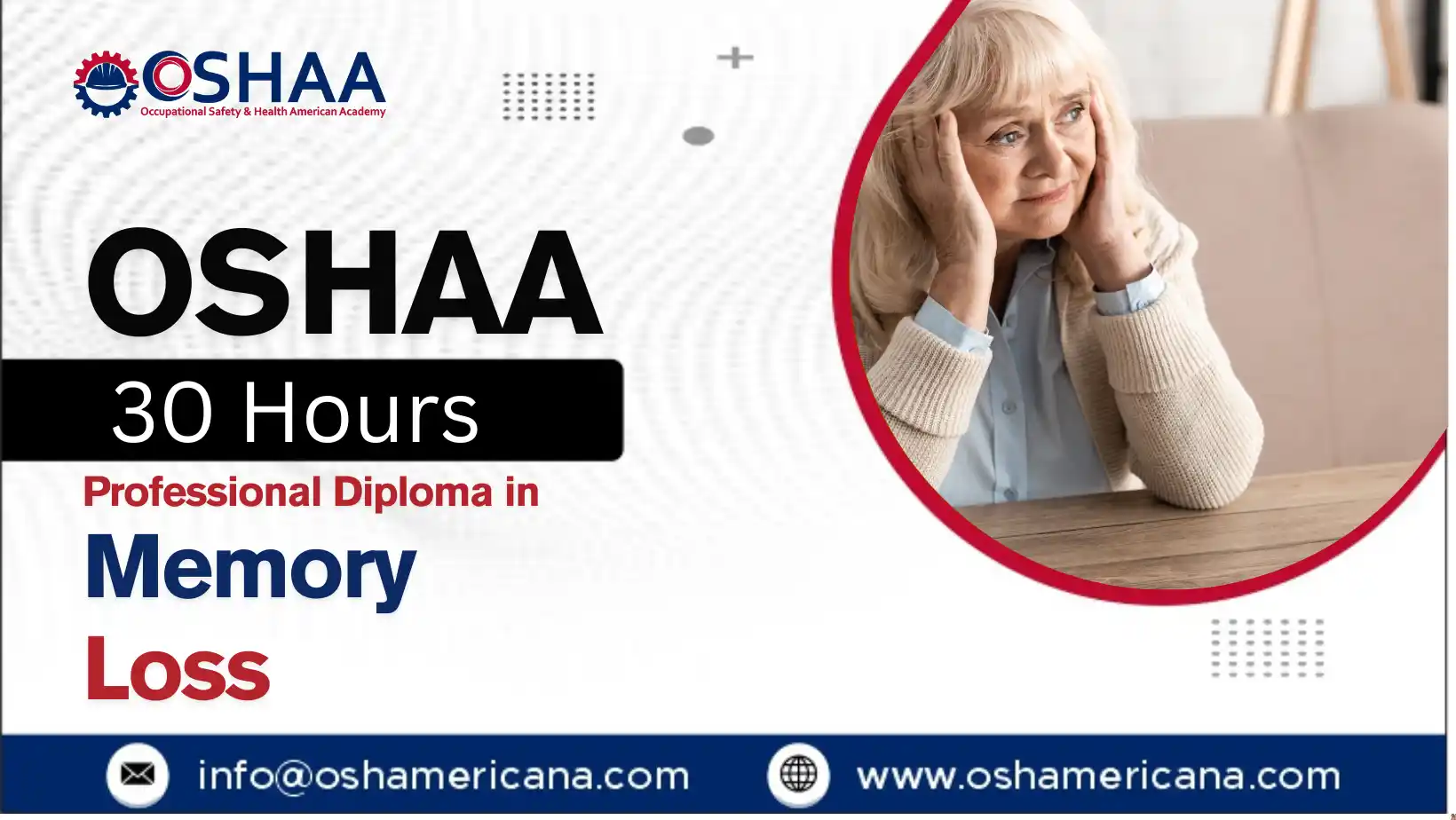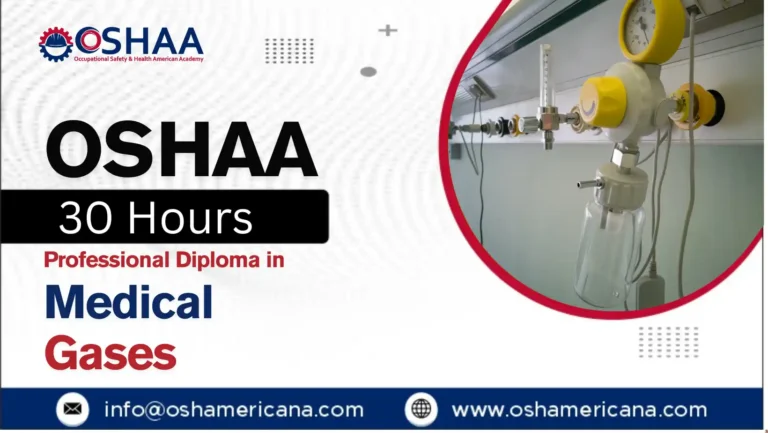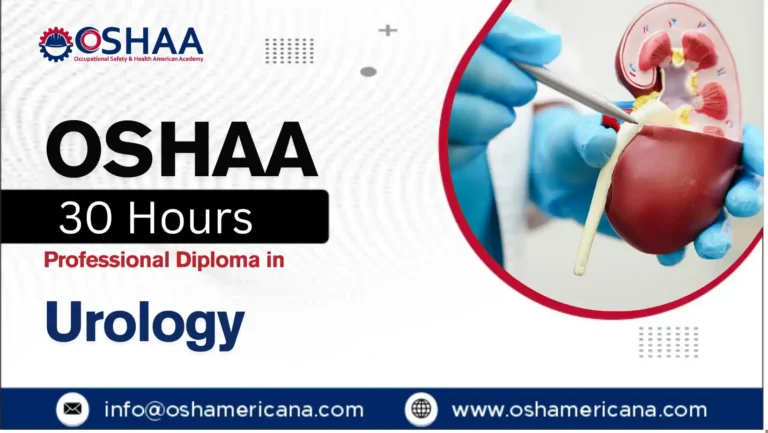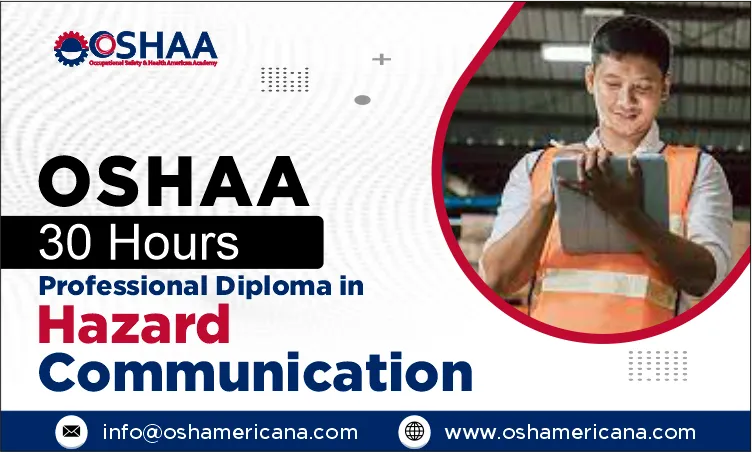Memory loss is a complex and sensitive area of study that affects millions of individuals across all age groups, often impacting their quality of life and independence. The OSHAA 30-Hours Professional Diploma in Memory Loss is a specialised and professionally structured programme designed to deepen the understanding of memory-related challenges. This diploma is ideal for those wishing to support individuals experiencing memory decline, whether in a personal, professional, or community setting.
This professional diploma offers an in-depth exploration of memory loss, its causes, progression, and effective strategies for support and intervention. Participants will gain a foundational understanding of cognitive function, neurological conditions, and the practical approaches used to manage and care for those affected by memory impairment. The course provides a holistic view of memory health, focusing on empathy-driven care, early recognition, and practical skills.
The OSHAA 30-Hours Professional Diploma in Memory Loss is designed to bridge theoretical knowledge with practical application. The course begins with an introduction to how memory works, followed by a study of common causes of memory loss, including ageing, stress, trauma, neurological disorders, and degenerative diseases such as dementia and Alzheimer’s.
Participants will also explore the psychological, emotional, and social effects of memory loss on individuals and their families. Strategies for improving memory function, communication techniques, and support planning are integrated throughout the programme, ensuring that participants are fully equipped to respond effectively in real-world scenarios.
The OSHAA 30-Hours Professional Diploma in Memory Loss stands out for its clear structure, real-world application, and emphasis on compassionate, person-centred care. Designed with professional standards in mind, this programme equips participants with tools that are both informative and actionable. With expert guidance and relevant content, the diploma provides a strong foundation for those seeking to support individuals with memory loss in a meaningful and informed way.
OSHAA 30-Hours Professional Diploma in Memory Loss
Study Units
Learning Outcomes
Introduction to Memory and Cognitive Function (3 hours)
- Define memory and explain its role in cognitive functioning
- Identify key brain structures involved in memory processes
- Distinguish between different types of memory (short-term, long-term, working memory)
- Recognise how normal memory functions across the lifespan
Understanding Types and Stages of Memory Loss (3 hours)
- Differentiate between mild, moderate, and severe memory loss
- Identify key characteristics of various memory loss types (e.g., amnesia, age-related decline, dementia)
- Understand the progression and symptoms of cognitive decline
- Recognise early warning signs and behavioural indicators
Causes and Risk Factors of Memory Impairment (6 hours)
- Identify common causes of memory loss including neurological, psychological, and environmental factors
- Explore how genetics, ageing, and lifestyle influence cognitive decline
- Understand the impact of brain injuries, infections, and substance misuse on memory
- Assess the role of stress, trauma, and chronic illnesses in memory impairment
Dementia and Alzheimer’s Disease: Diagnosis and Progression (4 hours)
- Explain the clinical criteria for diagnosing dementia and Alzheimer’s disease
- Understand the stages and progression of these conditions
- Recognise the differences between dementia-related illnesses
- Explore available treatment and management options
Neurological and Psychological Aspects of Memory Loss (5 hours)
- Examine how neurological changes affect memory function
- Understand the psychological effects of memory loss on individuals
- Explore co-existing mental health conditions such as depression and anxiety
- Identify behavioural changes and their underlying neurological causes
Communication Techniques for Memory Support (4 hours)
- Apply effective verbal and non-verbal communication strategies
- Adapt language and interaction styles to suit memory-impaired individuals
- Use tools and prompts to support conversation and recall
- Handle confusion and repetitive questioning with sensitivity
Practical Strategies for Daily Living Assistance (3 hours)
- Develop personalised approaches to support independence in daily tasks
- Introduce memory aids, routines, and environmental modifications
- Ensure safety and consistency in home or care settings
- Encourage engagement through meaningful activities
Supporting Families and Caregivers of Affected Individuals (2 hours)
- Recognise the emotional and practical challenges faced by caregivers
- Offer guidance on coping strategies and support resources
- Promote collaborative care planning with family involvement
- Encourage caregiver self-care and resilience-building strategies
Course Benefits – OSHAA 30-Hours Professional Diploma in Memory Loss
- Gain a comprehensive understanding of how memory functions and what leads to cognitive decline
- Learn to identify early signs and stages of memory loss for timely support and intervention
- Develop practical skills to support individuals experiencing memory impairment in everyday life
- Enhance communication techniques to improve interaction with those affected by memory challenges
- Understand the psychological and emotional effects of memory loss on individuals and their families
- Acquire knowledge applicable to roles in care, support work, education, and community health
- Learn strategies to assist caregivers and promote balanced, person-centred care
- Strengthen awareness of ethical considerations in working with memory-impaired individuals
- Improve the ability to create safe, structured, and supportive environments
- Receive a recognised professional diploma that can support career development in healthcare, social services, or personal caregiving roles
The OSHAA 30-Hours Professional Diploma in Memory Loss is designed for participants who wish to develop a deeper understanding of memory-related conditions and how to support those affected. This course is suitable for:
- Participants working in healthcare, social care, or community support roles
- Individuals involved in caregiving for family members or loved ones with memory impairment
- Professionals in education or mental health services seeking to broaden their knowledge of cognitive health
- Participants planning to pursue a career in elderly care, dementia support, or neurological health
- Anyone interested in enhancing their ability to communicate with and care for individuals experiencing memory loss
This diploma provides essential knowledge and practical tools for those looking to offer informed, compassionate, and effective support in both personal and professional settings.







